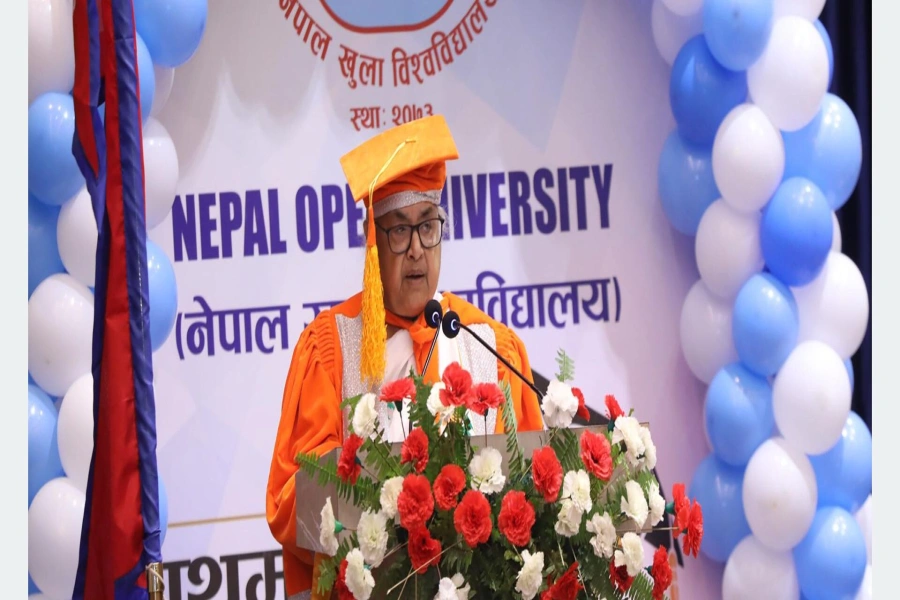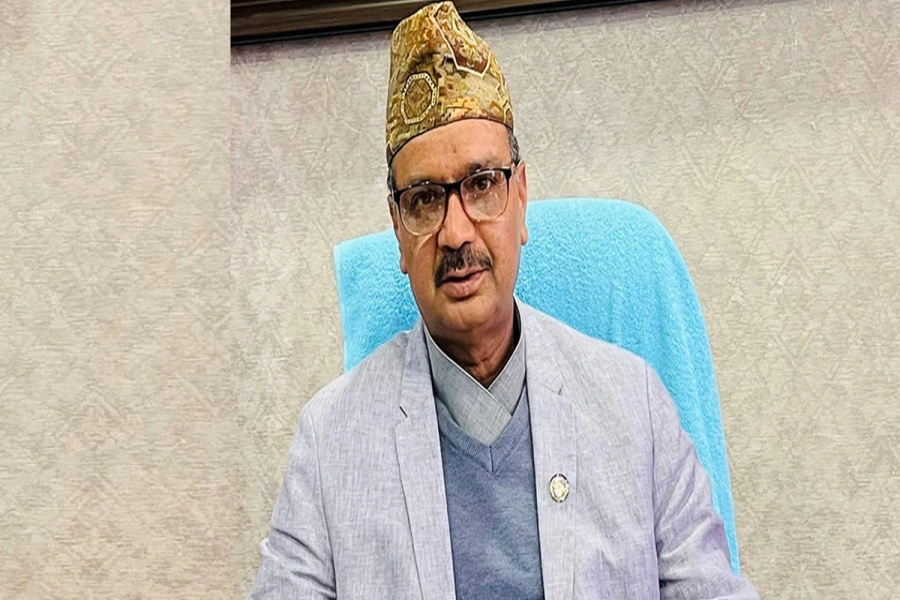To establish open government practices, concerned authorities should empower citizens by updating and disclosing information and data proactively
March 2 marked ninth International Open Data Day. According to opendataday.org, 185 events were registered for organizing talks, seminars, demonstrations, hackathons, training and announcement of open data releases or other milestones in open data all over the world. This was an opportunity to show the benefits of open data and encourage adoption of open data policies among government, business and civil society fraternities.
Open data should be freely available to everyone to use and republish as per the need, without restrictions of copyright, patents or other mechanisms of control. Open data, in reference to government data, is the proactive publication of unpackaged and open format government information, which can be reused and repackaged for different uses by audiences. By providing access to comprehensive, timely and detailed data, Open Data enables new forms of civic participation in decision-making processes. Access to information increases citizen’s access to information to public sectors. There are two major ways of accessing information—information disclosed proactively and information received following requests (reactive), under Right to Information (RTI) Act. The effective use of both these means can lead to a healthy ecosystem for accessing government information.
The principle of open data is connected with the proactively disclosed information. The United Nations has defined the freedom and right to information as an essential element of human rights, in which public has the emphasis on access to any types of information and data that belongs to government sectors/agencies.
Singer Jyoti Magar criticises hollow nationalism

Access to information held by public authorities, especially if delivered fairly and equally to citizens, delivers a number of benefits, including better access to government services, more accountability, less corrupt government, and more effective participation/engagement of citizens in all areas of government activity.
Open data is a form of proactive disclosure of information disseminated in open formats, free of copyright restrictions and free of cost, and includes reuse. As such it should be a long-term goal for all local governments.
There are some similarities between Right to Information and open data. The basic objective of is promoting transparency and accountability by increasing citizen’s access to information on public sectors. It also facilitates developing maximum openness on different issues of public interest. RTI and open data both are concerned about promoting transparency for participation and accountability.
But while RTI focuses on information, open data is more focused on copy-right-free data. RTI is more about demanding information (requests), while open data focuses on supply (proactive disclosure). RTI is rights based, while open data is more technologically driven.
Both RTI and open data emphasize that all data are collected by taxpayers and all the taxpayers should achieve data easily. Both take care of issues like how much money public sector is collecting from the citizens, how it is being spent and the outcomes. With increase in access to information, every citizen can meaningfully contribute to transparency and accountability of public sector. Open data and right to information provide evidence for dialogue and discussion, which help make governance system effective and control misuse of public resources.
Constitution of Nepal has clearly mentioned the right, role and responsibility of federal, provincial and local governments. Local Government Operation Act (2017) clearly mentions the management of local services, use and promotion of information technology. Service agencies of local government have provision to collect and store all the integrated information and data of concerned working area. For this, 753 local governments have already appointed Information and Technology Officer. In local governments, open data is the key for planning, budgeting, implementing and monitoring to ensure transparency and accountability. They have started proactive disclose of information and publications via different platforms.
Local governments have started to disclose data online and offline. Most of the municipalities, rural municipalities have disclosed their data through websites, and some of them have posted information and data on notice boards. Others have disseminated information via local radio and television. But local governments need to do more. They need to improve service-wide data and information production and archiving systems.
To establish open government practices, the concerned authorities should empower citizens by updating and disclosing information and data proactively. It is important to promote open data to enhance interest and engagement of public sectors.
The author is a Kathmandu-based Monitoring, Evaluation and Learning (MEL) professional
pramodbhattarai5@gmail.com




































